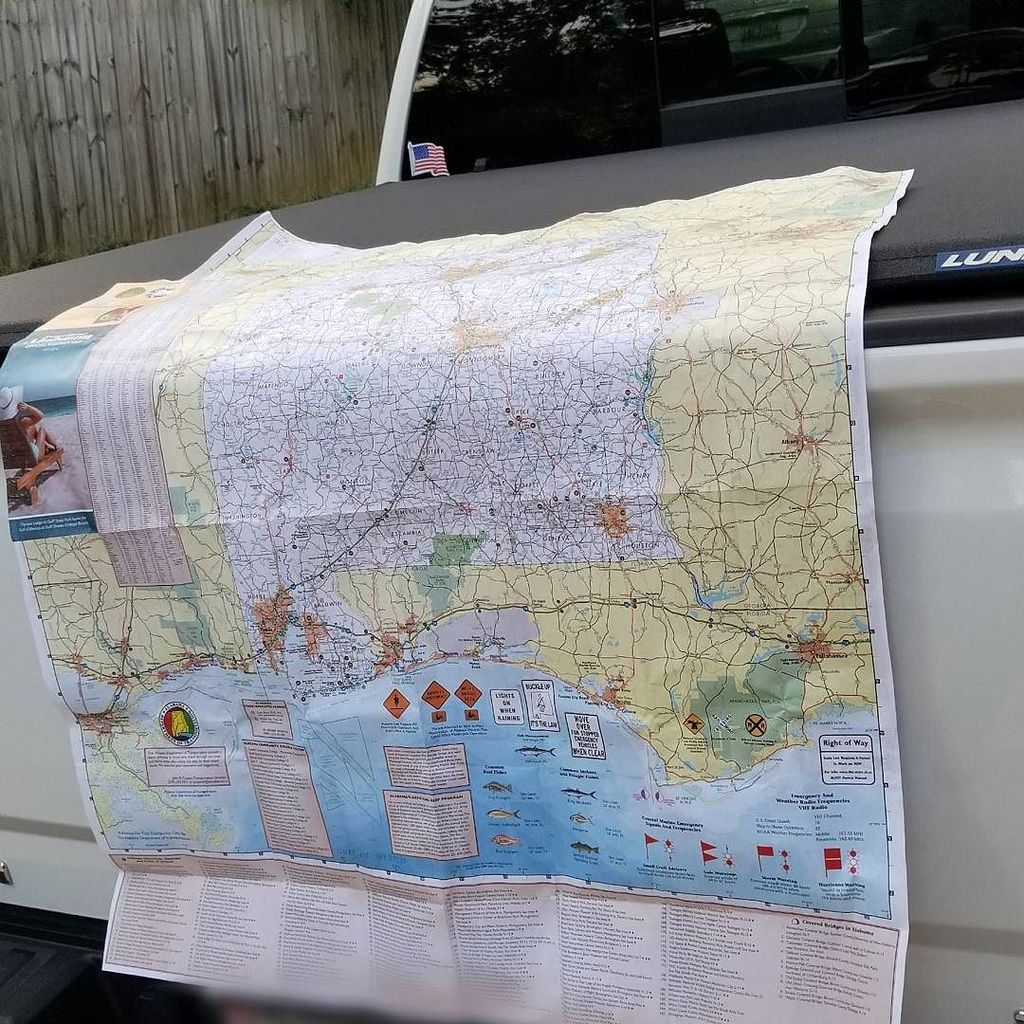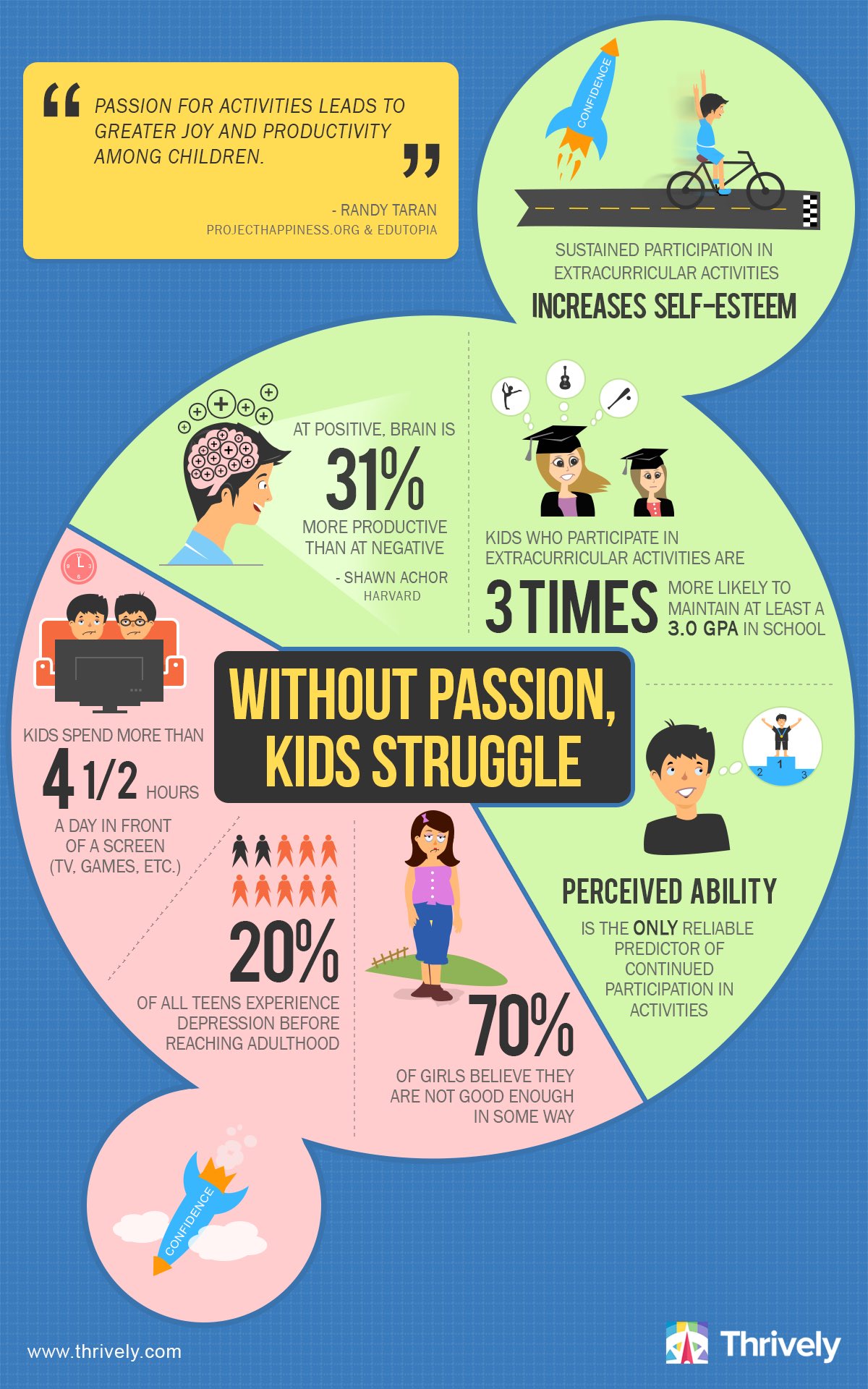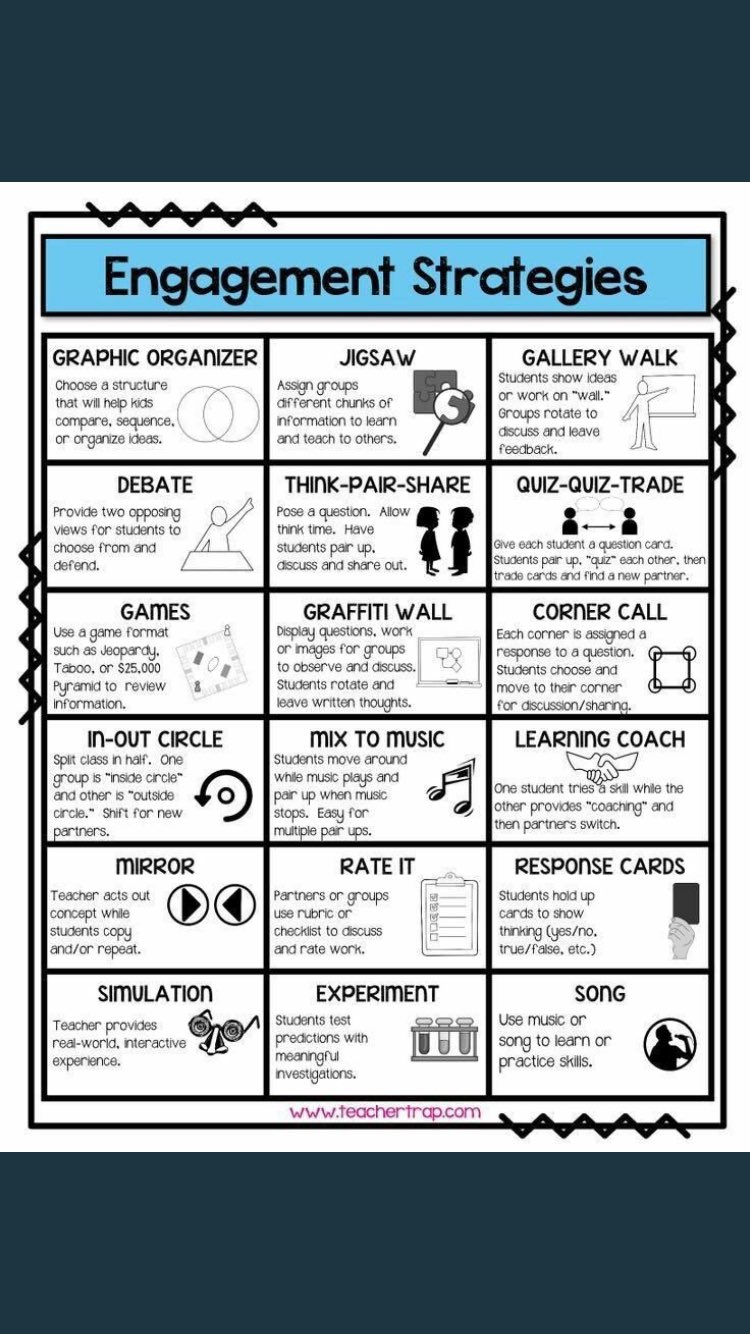MSM 371: Eating the Gifted?, Bat that away with some strategies.
Jokes You Can Use:
Why don’t they play poker in the jungle?
Too many Cheetas.
What’s an astronaut’s favorite social media website?
MySpace
Advice: If you want to avoid snoozing your alarm clock, put a mousetrap on it.
Somebody knocks on door:
– Who is there?
– Police?
– What do you want?
– We want to talk.
– How many of you are there?
– Two.
– So talk with each other.
The organizers of the concert complain to the conductor of a choir:
– You were supposed to bring a mixed choir, but I can see only men here.
– But it is a mixed choir – half of them know how to sing, and the other half- do not.
Middle School Science Minute
by Dave Bydlowski (k12science or davidbydlowski@mac.com)
BE A BAT DETECTIVE
I was recently reading the October, 2017 issue of “Science Scope,” a magazine written for middle school science teachers, published by the National Science Teachers Association.
In this issue, I read the the Citizen Science article, “Be a Bat Detective,” written by Jill Nugent. The article describes the free online citizen science platform that actively engages students in the study of bats. For more information, please visit:
From the Twitterverse:
Went to great webinar yesterday led by @tweenteacher and @AMLE She simply asked 1000s of Ss about what engages them. Great info! #bfc530
Iuliana Pienoiu @iulianapienoiu
Halloween is almost here! So let’s learn some spooky idioms to get into the Halloween spirit! 🙂 https://t.co/4RWGOwZyXf
Who says Germans don’t have a sense of humour?
Dr. Justin Tarte @justintarte
Teachers who put #relationships first don’t just have students for one year; they have students who view them as ‘their’ teacher for life…
You Had One Job @_youhadonejob1
I’m not sure that is legal.
MiddleWeb Retweeted MiddleWeb
Portfolios support the shift to student-led assessment…
MiddleWeb added,

Check out these #apps that support Ss creative process http://edut.to/2xvUaeF via @edutopia #creativecommunicator #empoweredlearner

#mschat every Thursday at 8:00 pm Eastern Standard Time. And as Troy says, “The Twitter never stops!”
Strategies:
Metacognition training boosts gen chem exam scores
It’s a lesson in scholastic humility: You waltz into an exam, confident that you’ve got a good enough grip on the class material to swing an 80 percent or so, maybe a 90 if some of the questions go your way.
Then you get your results: 60 percent. Your grade and your stomach both sink. What went wrong?
Students, and people in general, can tend to overestimate their own abilities. But University of Utah research shows that students who overcome this tendency score better on final exams.
https://ukedchat.com/2017/10/20/metacognition-training-exam-scores/
This Simple Note-Taking Method Will Help You Read More (and remember what you’ve read)
Warren Buffett is undoubtedly considered one of the greatest investors of all times. His empire, Berkshire Hathaway, is worth $355 billion, an increase of 1,826,163 percent since 1964 when Buffett took over.
5 Ridiculously Simple Strategies All Quick Learners Follow
- Memory Tricks (Hermine Hilton)
- Dig In
- Practice
- Teachers
- Draw Parallels
6 Targets To Teach The Way The Brain Learns
Brain Target 1: Establish the emotional climate for learning
Brain Target 2: Creating the Physical Learning Environment
Brain Target 3: Designing the Learning Experience
Brain Target 4: Teaching for Mastery
Brain Target 5: Teaching for the Extension
Brain Target 6: Evaluating Learning
https://www.teachthought.com/learning/6-targets-teach-way-brain-learns/
Resources:
A Night at the Garden
In 1939, 20,000 Americans rallied in New York’s Madison Square Garden to celebrate the rise of Nazism – an event largely forgotten from American history. A NIGHT AT THE GARDEN uses striking archival fragments recorded that night to transport modern audiences into this gathering and shine a light on the disturbing fallibility of seemingly decent people.
https://anightatthegarden.com/
When Nazis rallied in Manhattan, one working-class Jewish man from Brooklyn took them on
Addressing the world
what3words is a really simple way to talk about location. We have divided the world into a grid of 3m x 3m squares and assigned each one a unique 3 word address. It means anyone can accurately find any location and share it more quickly, easily and with less ambiguity than any other system.
Classroom Screen
A bunch of popular classroom tools.
Web Spotlight:
JFK Assassination Records – 2017 Additional Documents Release
The National Archives is releasing documents previously withheld in accordance with the JFK Assassination Records Collection Act. The vast majority of the Collection (88%) has been open in full and released to the public since the late 1990s. The records at issue are documents previously identified as assassination records, but withheld in full or withheld in part. Learn more
These releases include FBI, CIA, and other agency documents (both formerly withheld in part and formerly withheld in full) identified by the Assassination Records Review Board as assassination records. The releases to date are as follows:
- July 24, 2017: 3,810 documents (read press release)
- October 26, 2017: 2,891 documents (read press release)
Accessing the Release Files
To view or download a released file, follow the link in the “File Number” column. You can also download the full spreadsheet with metadata about all the documents. The files are sorted by NARA Release Date, with the most recent files appearing first. The previous withholding status (i.e., formerly withheld in part or formerly withheld in full) is identified in the “Formerly Withheld Status” column.
https://www.archives.gov/research/jfk/2017-release
BBC World Service: The Food Chain
The Food Chain examines the business, science and cultural significance of food, and what it takes to put food on your plate. http://www.bbc.co.uk/programmes/p028z2z0
Random Thoughts . . .
Personal Web Site
Click the Play button below to listen to the show!
















You must be logged in to post a comment.